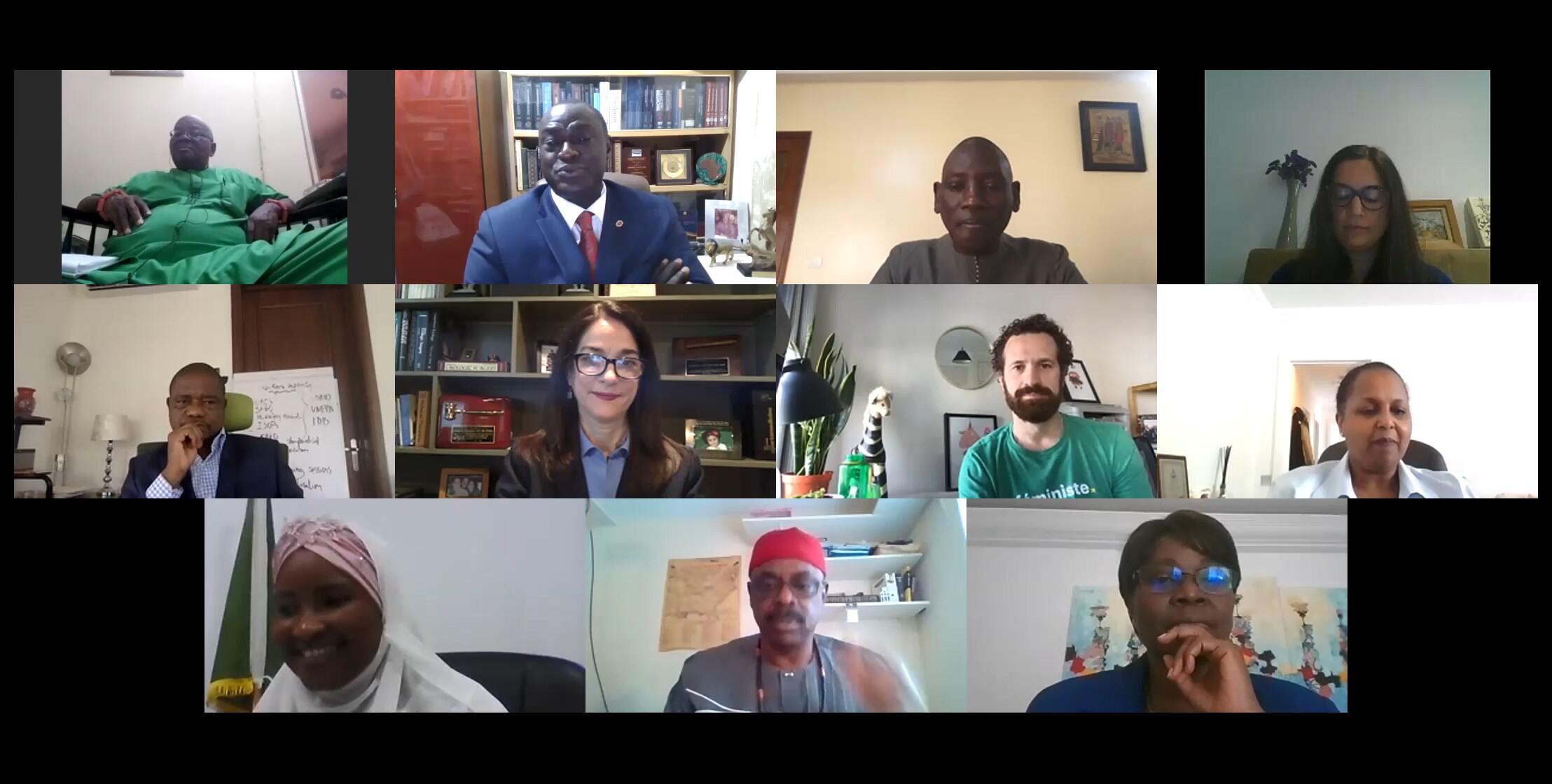Virtual Commemoration!!
International Day to End Obstetric Fistula
Remarks by Mr. Mabingue NGOM,
Excellences, Colleagues and friends
All protocols duly observed.
First of all, I want to congratulate the West African College of Surgeons for being a recognized member of the health architecture of our region.
Allow me to express my sincere gratitude to all the organizers of this virtual commemoration of the 2020 International Day to End Obstetric Fistula.
I also wish to convey our appreciation to the Guests of Honor for not only joining us but also for the excellent remarks, both speak to the importance of ending fistula, but equally importantly, their commitment to women’s health and women’s rights.
This year’s commemoration is taking place under the theme: “End Gender Inequality! End Health Inequities! End Fistula Now!”
It is the right message at the right time as the COVID19 pandemic will bring about positive changes in our health systems, if we learn from the experience we are sadly going through.
More than fifteen years after the launch of the End Fistula Campaign, there is no end in sight. It is difficult to accept that the strategies in place have worked well; at the same time, it is equally challenging to declare we have succeeded.
As we celebrate this year’s International Day to End Fistula, I want all of us to reflect on three things that have the potential to change the profile of Fistula in West and Central Africa, and ultimately address fundamental gender and health inequalities as well as other rights issues related to Fistula.
Firstly, we need reliable data and evidence: There is no robust data to show the magnitude of the problem. However, we know there is a lot given the weak capacity of our weak health systems to clear them. One can easily imagine that there are increasing number of cases, yet fewer have access to treatment. Problems need data if they have to be resolved.
Secondly, we take on small scale projects with little funding: We should ask ourselves how can we end fistula with such small-scale projects. Financing must be commensurate to the size of the problem, if our collective dream of ending Fistula is to be fulfilled. Surgical expertise is limited to big cities and OBGYNs and urologists are too few to have the impact we want to deliver. The trend of medical staff contracting COVID-19 will likely increase the risk of fistula and affect fistula treatment. We need interventions that generates the critical mass able to change the Fistula landscape in our region.
Thirdly, a new generation of fistula programs is necessary: We need large scale comprehensive interventions that are technically robust and strategic enough to make more impactful the response. Current fiscal efforts cannot do it. To end Fistula, substantial additional resources are necessary.
But we know resources alone cannot do it alone. We need a good strategy; I mean holistic data-driven strategy that addresses the key challenges and deals with the inequities and inequalities. These are multisectoral issues, and they require strategic partnerships.
This is why I salute this initiative and hope we will build on the outcomes of these conversations and find creative ways to accelerate our fight against fistula.
On this note, I wish all of us a successful celebration of the 2020 International Day to End Fistula and Happy Eid to our Muslim community.
Thank you



